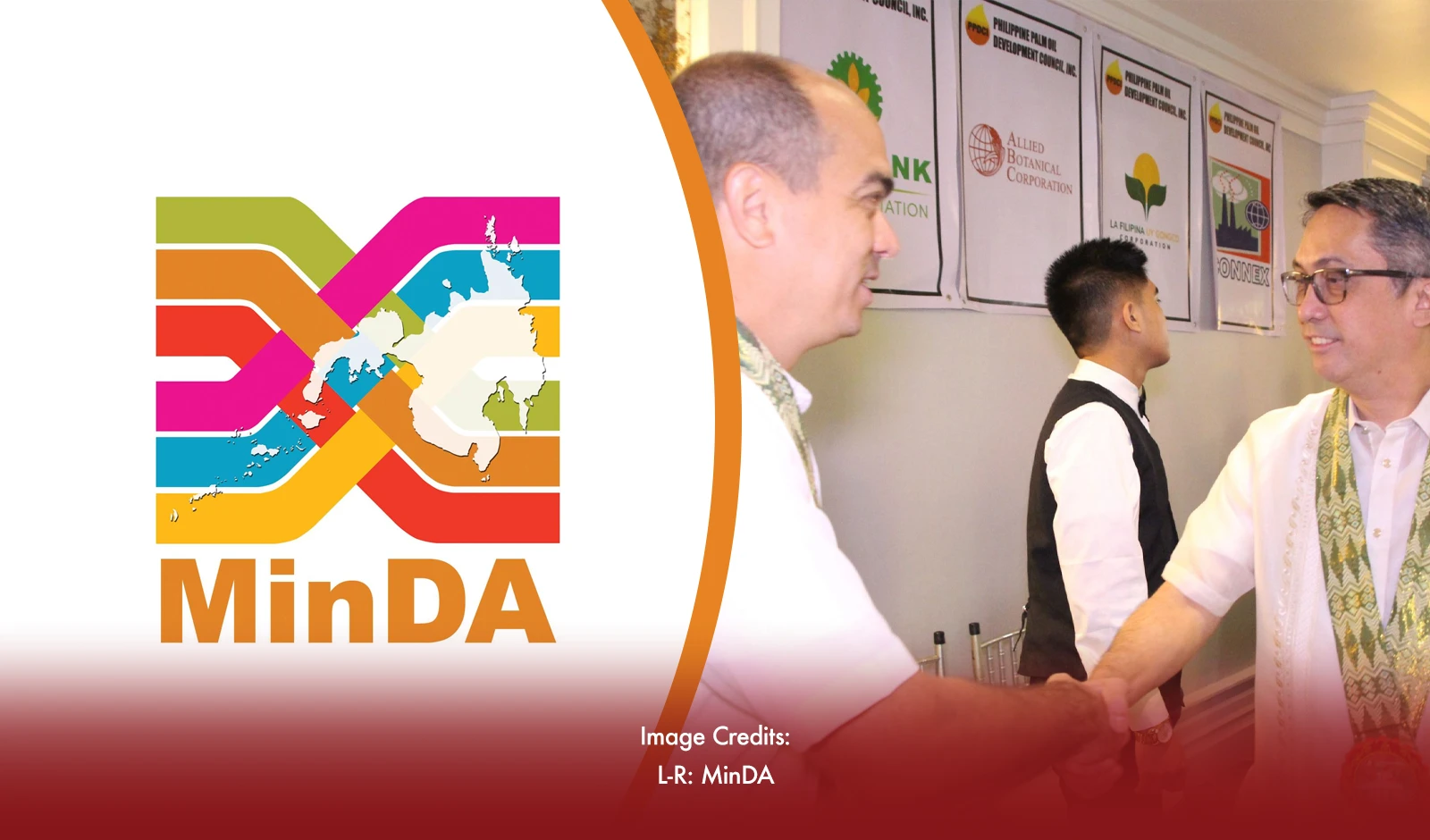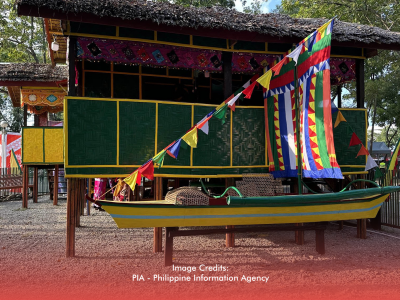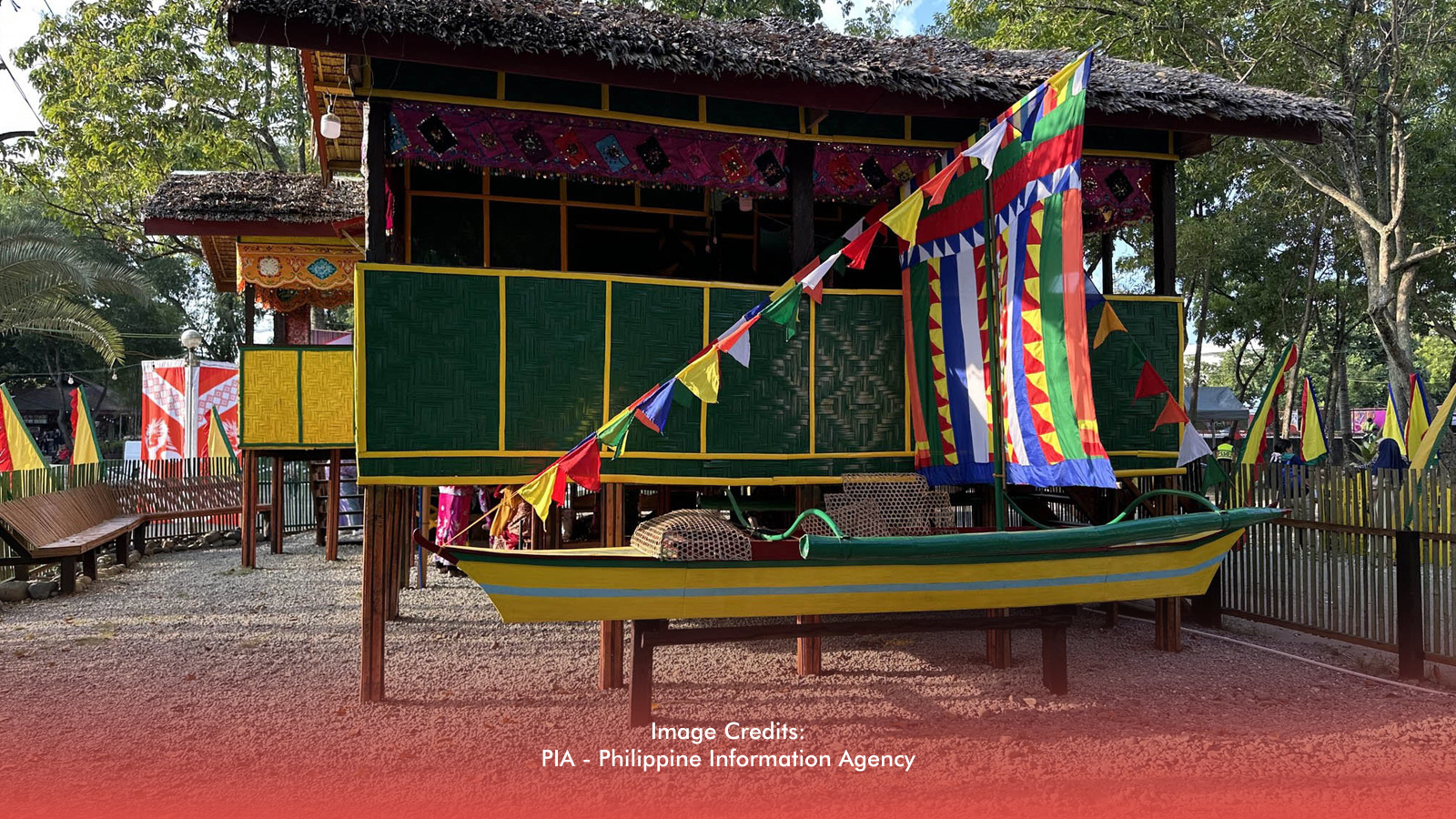At the 13th Palm Oil Congress held on August 14 at the Grand Regal Hotel in Davao City, the Mindanao Development Authority (MinDA) unveiled its ambitious plans to transform the Philippine palm oil industry. Leo Tereso Magno, MinDA Secretary, announced a crucial meeting with the Department of Agriculture (DA) to discuss enhanced support for the sector. “Tomorrow, I will meet with the DA to discuss the possible assistance the government can extend to your industry. As a public servant, it is our duty to help you,” Magno stated, highlighting the government's dedication to addressing the industry's evolving needs.
Harnessing Untapped Potential
In his speech, Magno articulated a vision for elevating the Philippine palm oil industry from its current position as the 16th largest global producer. He emphasized that with strategic support and optimized use of the country’s favorable agro-climatic conditions and skilled workforce, the industry could see significant growth. “The potential is clear. We can increase the yield of the industry if we optimize our advantages,” Magno said, painting an optimistic picture of how the sector could become a major player on the global stage, creating economic opportunities and driving rural development.
Expanding Horizons and Regional Benefits
The congress also spotlighted the significant potential for palm oil cultivation in various regions such as Mindanao, Caraga, Northern Mindanao, Central Mindanao, Bohol, and Palawan. Magno noted that expanding palm oil plantations in these areas could have a transformative impact, boosting local economies, creating jobs, and alleviating rural poverty. “The expansion in these regions could significantly uplift local economies, create jobs, alleviate rural poverty, and foster countryside development,” he added. The ongoing discussions at the congress are set to explore technological advancements, financing options, and trade opportunities, aiming to position the Philippine palm oil industry for a dynamic and prosperous future.








